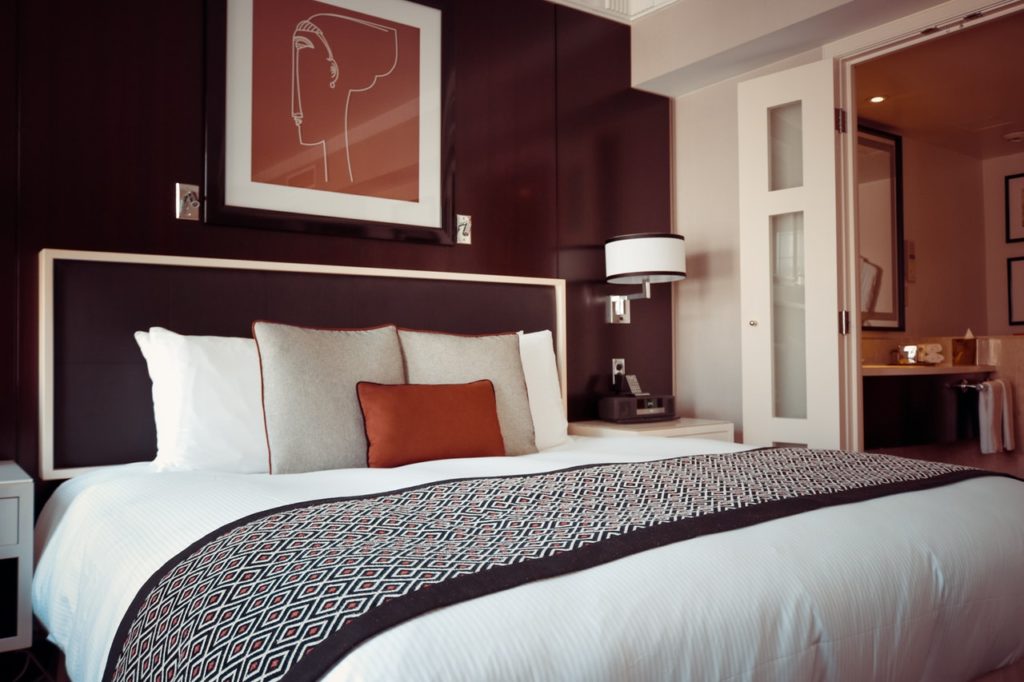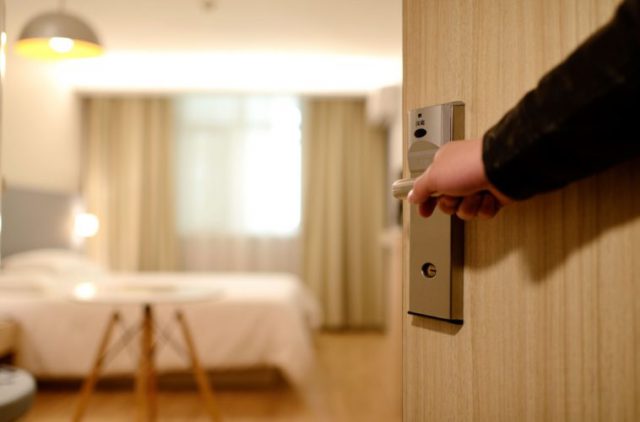Within the
next 20 years, our planet could reach the peak regarding oil consumption. What’s
more worrying is that the demand for oil continues to grow year upon year as
the global production of oil appears to decrease.
This
ever-growing problem will impact the way that hotels are constructed in the
future, and how eco-friendly strategies can benefit hotels in terms of their cost-efficiency.
When
constructing new hotels, most of the machinery used, if not all are powered by
fossil fuels and crude oils. The reason for this, is that without them, the
construction process would not be able to function in its current form. This is
however, having a detrimental impact on greenhouse gas emissions. Within the
UK, 50% of carbon emissions are accounted for by the
construction industry and machinery within the production process.

In the
light of this, the awareness off how pollution is starting to impact our
planet, is finally being realised and as result, attitudes are beginning to
change. Within the construction industry, Eco-friendly practices have been
growing, and although the US market have estimated revenues of $245 billion, UK
firms could also take advantage of these environmentally friendly practices.
Providers
of container hire and waste disposal
solutions, Reconomy explain further on how eco-friendly practices can be
implemented within the construction of hotels and other buildings, and once
they’re built, can help tackle climate change.
When
constructing a new hotel, the UK government are instructing construction firms
to use green processes by passing legislation. Post-construction, firms are
also encouraged to incorporate green technologies within the build to benefit
the environment once construction is complete.
Building an eco-friendly hotel
There are three core principles that need to be taken in account during the construction of a hotel so that’s ecologically beneficial to and within the environment:
be established, is whether energy is being wasted during construction. During
the production process machines can more than often be overused. This leads to
energy that is wasted that can never be used again. So that a motor isn’t
overworked, electric vehicles or machines with hybrid-engines should be used so
that when a motor is overworked – electric engines can help power and support
the overall load.
building of the hotel is complete, what energy is being generated within it,
and is it being wasted?
assess whether materials for the construction of the hotel have been locally
sourced – if they haven’t, a decision has to be made on whether they can be
recycled in the future.
For the
roofing of the hotel, recycled paper can be utilised instead of new insulation that’s
often expensive. By using cheap and practical alternatives – insulation that is
produced for individual roofs will be more cost effective when using
pre-existing materials. By using timbers that are sourced from sustainably
managed forests within the local areas, this avoids when to chop down trees
that will not be replanted.
Ecological hotel structures and their design
Based on making the most out of the hotel structure, these eco-friendly techniques can help to save costs, and energy within the hotel design.
<ul
water filtration.
When biological waste is treated safely, water can be re-used within a hotel.
Rainwater can also be utilised and collected into specific drains that recycle
it, so it can be re-used instead of water from a tap and also used in outdoor
spaces such as gardens and courtyard spaces for plants
as long as regular lightbulbs, which accounts for an energy saving of 100%
cheaper alternative as opposed to other forms of commercial power. When using
them within a hotel’s power supply, this can account for a significant saving
in energy costs. A hotel also covers a large surface area, which means that
many solar panels can be used, maximising the amount of electricity that can be
generated in this energy efficient way.
Benefitting from environmentally friendly construction
The day-to-day running of a hotel can account for 80% of hotel’s overall cost, which can be expensive. Reducing the total running costs of a hotel by one third, introducing green initiatives can help reduce these costs to 53.3% of overall costs.
When it
comes to the hotel’s architectural design, daylight should always be
considered. This is because daylight helps to save on artificial lighting
costs. Furthermore, it is considered by many that the ‘indoor environment
quality’ of a hotel can be improved when natural light is abundant – this is
because it creates the illusion of more space within a more natural feeling
environment, benefitting the health of occupants that are present within the
building.
Once the
construction part of hotel begins, long-lasting materials that can be recycle
should always be utilised. This means that fewer new materials will be used
during construction, helping to reduce the overall cost of the build whilst
less energy is consumed in order to produce the new structure.
To tackle
climate change, construction firms will have to use these materials and
techniques within their construction processes. By producing hotels that are
greener, more environmentally efficient and conceptualised with the long-term
future of the planet in mind, this will ensure that buildings are constructed
in a sustainable way for generations to come.









